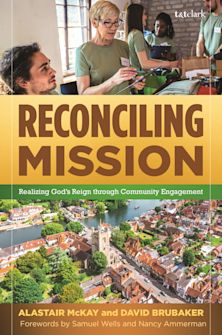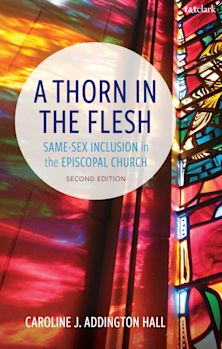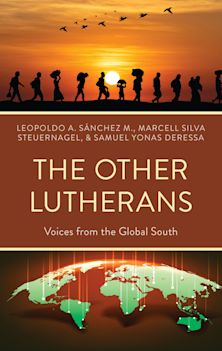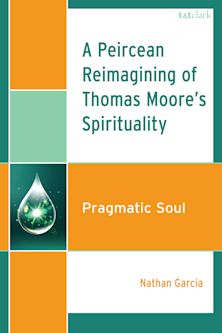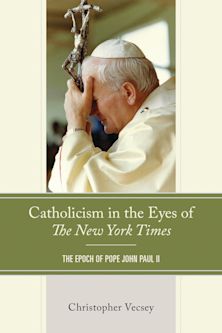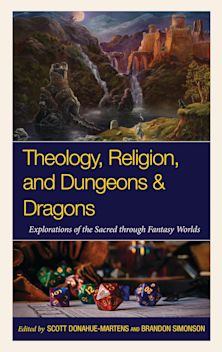- Home
- ACADEMIC
- Theology
- Theology - Other
- The Forgotten Prophet
The Forgotten Prophet
Bishop Henry McNeal Turner and the African American Prophetic Tradition
The Forgotten Prophet
Bishop Henry McNeal Turner and the African American Prophetic Tradition
You must sign in to add this item to your wishlist. Please sign in or create an account
Description
The Forgotten Prophet: Bishop Henry McNeal Turner and the African American Prophetic Tradition, by Andre E. Johnson, is a study of the prophetic rhetoric of nineteenth century African Methodist Episcopal Church bishop Henry McNeal Turner. By locating Turner within the African American prophetic tradition, Johnson examines how Bishop Turner adopted a prophetic persona. As one of America’s earliest black activists and social reformers, Bishop Turner made an indelible mark in American history and left behind an enduring social influence through his speeches, writings, and prophetic addresses. This text offers a definition of prophetic rhetoric and examines the existing genres of prophetic discourse, suggesting that there are other types of prophetic rhetorics, especially within the African American prophetic tradition. In examining these modes of discourses from 1866-1895, this study further examines how Turner’s rhetoric shifted over time. It examines how Turner found a voice to article not only his views and positions, but also in the prophetic tradition, the views of people he claimed to represent. The Forgotten Prophet is a significant contribution to the study of Bishop Turner and the African American prophetic tradition.
Table of Contents
Chapter 2. "Hurling Thunderbolts" and "Fighting the Devil with Fire": Turner's Prophetic Disputation
Chapter 3. "To Seek Other Quarters": Turner's Mission-Oriented Prophecy
Chapter 4. "No Future for the Negro": Turner's Pessimistic Prophecy
Conclusion
Product details
| Published | Sep 15 2012 |
|---|---|
| Format | Ebook (PDF) |
| Edition | 1st |
| Extent | 1 |
| ISBN | 9798765183816 |
| Imprint | Lexington Books |
| Publisher | Bloomsbury Publishing |
About the contributors
Reviews
-
Johnson’s analysis of this forgotten prophet’s rhetoric offers fresh insights to scholars interested in the ways in which minority groups adopt radical, dissident, and prophetic stances in discourse. . . .The lasting significance of Johnson’s work in The Forgotten Prophet is three-fold. First, he builds on and expands previous rhetorical scholarship on the prophetic tradition and enables future scholars to examine a wider field of texts from a prophetic standpoint. Second, the historical component of this analysis recovers lesser known ideas from the Reconstruction Era for a new generation to consider. . . .Finally, Turner’s rhetoric is a powerful example of what it means to be prophetic: to fight in love for sacred values in defense of those who have no voice.
Rhetoric & Public Affairs
-
Andre Johnson’s study of the speeches of Henry McNeal Turner, from his optimistic Emancipation Day Address in 1866, to sober reflections on the fiftieth anniversary of the proclamation in 1913, is an important step in recovering the story of African-Americans in the South during Reconstruction. Framing Turner’s powerful words as examples of prophetic rhetoric, Johnson shows how even Turner’s most pessimistic comments spoke to a wide audience eager for freedom yet demoralized by prejudice, discrimination, and violence. Although Turner’s answer to the nation’s racism—emigration—did not become a major movement in his lifetime, Johnson’s study of Turner’s prophetic voice enlarges our understanding of this neglected, but important figure in American history.
Sandra J. Sarkela, The University of Memphis












